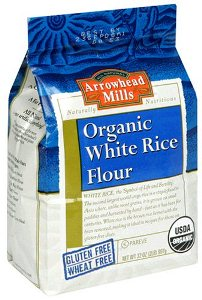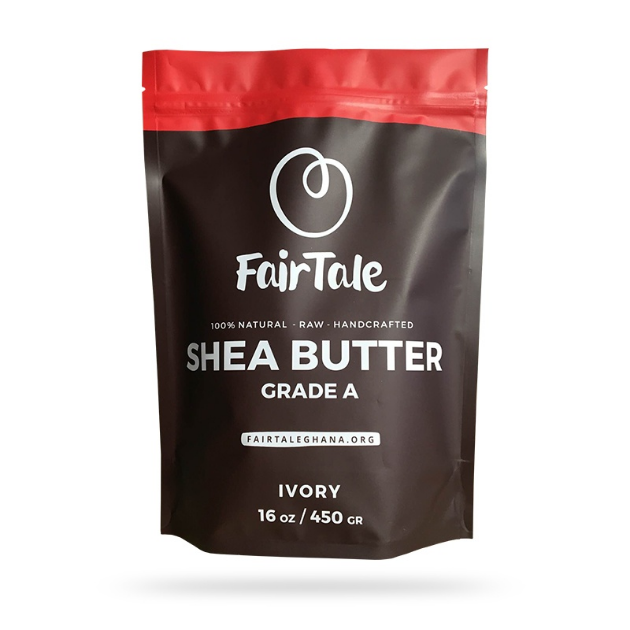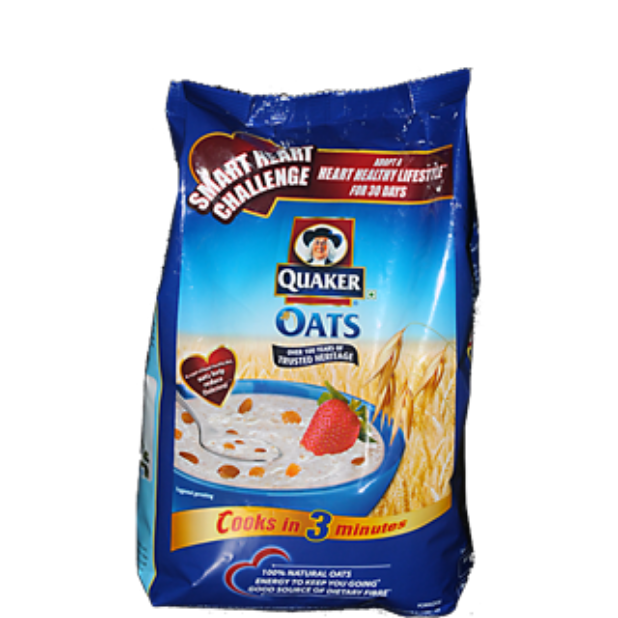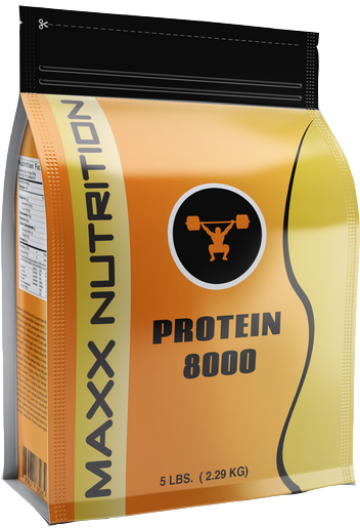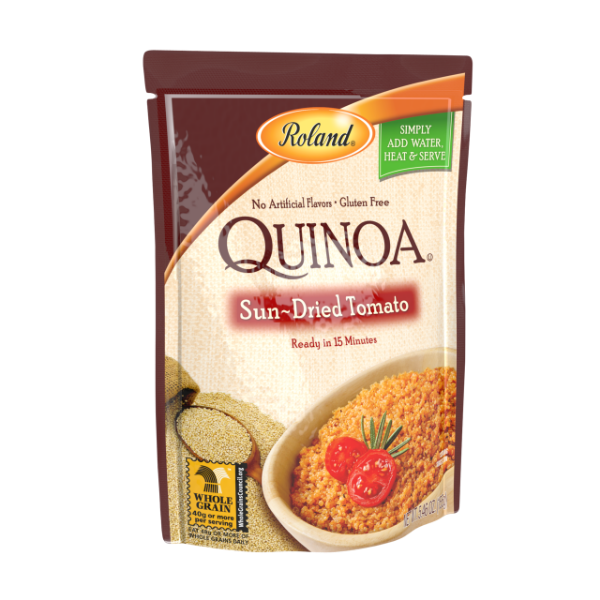Today's consumer marketplace is saturated with products, many of which blend into one another and become lost in the sea of choices offered to consumers. For this reason, it has become necessary for manufacturers to make their products stand out in some way or another, and many are looking to innovations in the packaging world to help them sell their products.
Certain flexible packaging designs, such as stand up pouches and unique barrier film combinations used for retort and vacuum pouches, may be relative newcomers to the packaging market, but they have had an enormous impact at retail. In fact, the following list is just a small overview of the many benefits flexible packaging can offer you and your business:
1. Flexible packaging is extremely customizable, and can be made to fit whatever demands your product makes. In addition, you can order flexible packaging in any variety of shapes and sizes; you can even have them die-cut into shapes that correspond with your product or brand, making them stand out even more at retail.
2. The use of flexible packaging can extend the shelf life of your product. Typically made from high-grade plastic, aluminum, or a combination of the two, flexible packaging offers additional protection from outside elements, meaning that your product is better protected for longer amounts of time.
3. Today's retailers want products that can be merchandised creatively, and pouches made with flexible materials offer limitless merchandising opportunities. For example, stand up pouches can either stand on a retail shelf, or hang in a peg display, opening the door to new marketing possibilities.
4. Flexible packaging can be made with reusable features, either with press-to-close zip seals, slide zippers, or even spouts for liquids. Because today's consumer demands convenience, packages that are easy to use and reuse are especially successful at retail.
5. The unique construction of flexible packaging using barrier materials that are strong yet pliable also opens the door to many new graphic design possibilities. Because these materials can be printed using advanced flexographic and rotogravure printing methods, your package can be printed with extremely vibrant colors, and very vivid, clear logos, making your product stand out even more at retail.
6. The sky's the limit when it comes to size. While most manufacturers employ flexible packages that are relatively small in size, some adventurous marketers have decided to use this medium for extremely large packages that are then sold to wholesale stores like Sam's Club or Costco. Every type of retailer has something to gain from flexible packaging.
7. Flexible packaging can be designed using gusseted bottoms, which means that the package will expand when the product is placed into it. This is especially useful for manufacturers of liquid products, who need something that expands without compromising the strength of the package.
8. For commodity items like sugar, rice, or coffee, flexible packaging presents new and unique opportunities to make their product stand out. No longer confined to boring, traditional paper packages or boxes, flexible packaging opens the door to hundreds of merchandising and marketing possibilities.
9. Flexible packages, when empty, can be stored flat, which means that most of the space in your warehouse that was once used for rigid packages can now be used for something else. The easy-to-store convenience of flexible packaging adheres to many of the guidelines asserted by lean manufacturing principles, a business philosophy that has taken the manufacturing industry by storm in recent years.
10. Using flexible packaging is less wasteful than other packaging methods, such as rigid plastic bottles or bag-in-a-box designs. Since more and more retailers are demanding strict adherence to environmental regulations, and because today's consumers are extremely conscious of environmental issues, less wasteful packaging is often times much more appealing.
Flexible packaging is just a portion of the overall packaging industry. Yet, at the rate its manufacturers continue to develop unique designs to showcase products and protect them like never before, it is clear that it will continue to grow in popularity and quite possibly become the dominant segment in the business.

